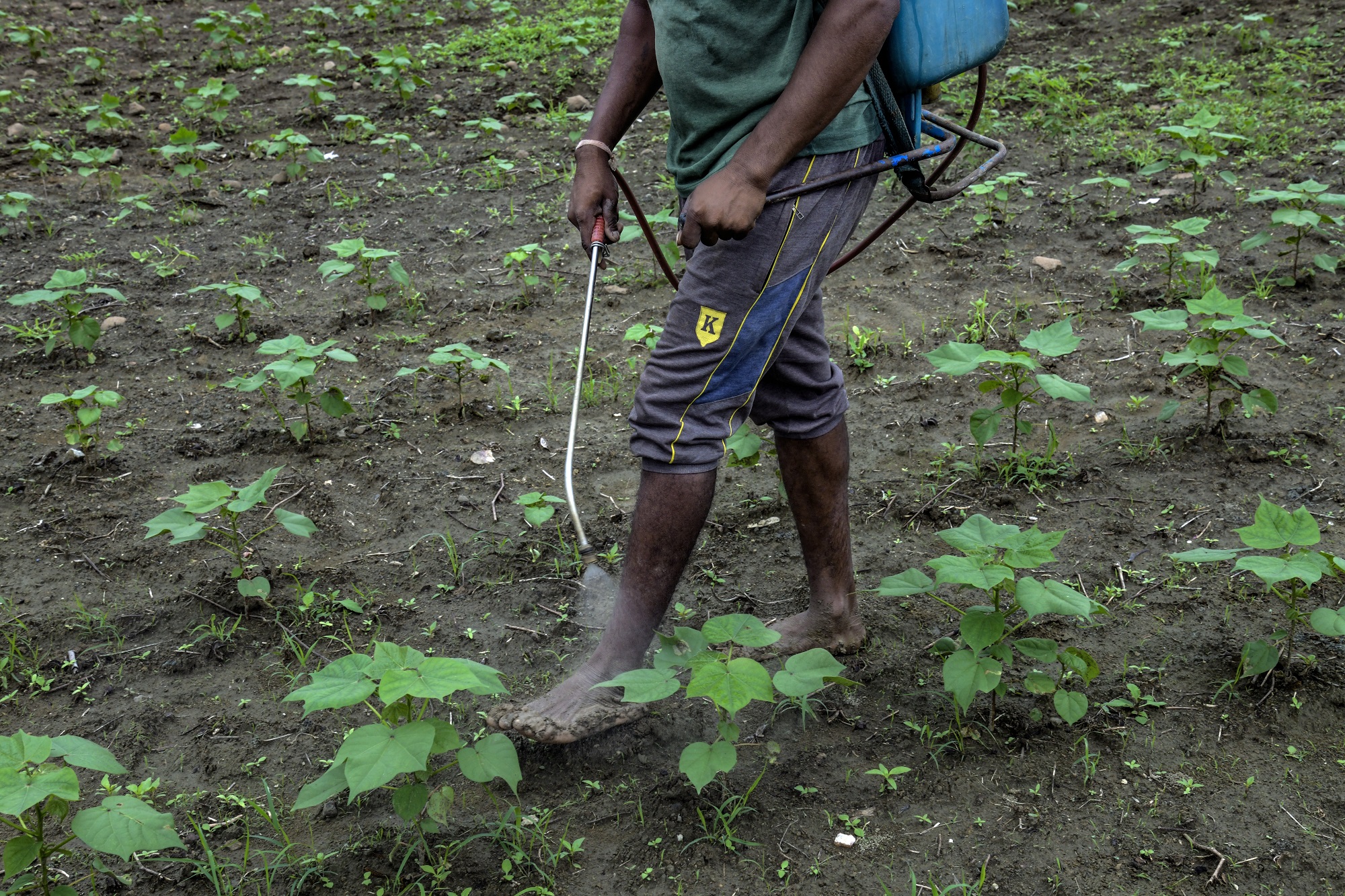The conclusions of UN agencies
 ©
Fabio Erdos/Panos
©
Fabio Erdos/Panos
According to FAO and WHO, pesticides “that are acknowledged to present particularly high levels of acute or chronic hazards to health or the environment according to internationally accepted classification systems, such as WHO or GHS, or their listing in relevant binding international agreements or conventions” should be considered “highly hazardous pesticides”. The WHO has called exposure to highly hazardous pesticides “a major public health concern”, acknowledging that their widespread use has caused health problems and fatalities in many parts of the world.
 ©
Atul Loke / Panos Pictures
©
Atul Loke / Panos Pictures
An essential paradigm shift
It is now widely recognized, including among UN agencies and international public health institutions, that these “highly hazardous pesticides” should be phased out and replaced with safer alternatives in order to reduce risks for human health and the environment. This represents a significant shift from decades of thinking that risks associated with all pesticides can be well managed and reduced to an acceptable level, including through training programmes promoting so-called “safe use". In other words the old risk management approach is now seen as not sufficient when pesticides are intrinsically highly hazardous.
FAO and WHO Guidances on Pesticide Management acknowledge that not only governments but also pesticide manufacturers have a responsibility to remove the most toxic pesticides from the market. Experts consider this the most important step pesticide producers can take to reduce the adverse effects of pesticides.
The need for an international treaty
The overall global governance of pesticides remains weak and inadequate. It relies mainly on the International Code of Conduct on Pesticide Management, which is powerless to take action or implement programmes. The Code is constantly violated by the pesticide industry, with no repercussions. The only binding-instruments, like The Stockholm, Rotterdam and Montreal Conventions, are very specific and do not cover all products.
In 2017, UN human rights experts recommended that “the international community must work on a comprehensive, binding treaty to regulate hazardous pesticides throughout their life cycle, taking into account human rights principles". PAN International supported this call and submitted a detailed proposal in January 2018
Proposals for a global mechanism to phase out HHPs had already been made by the African Group, with the support of many delegates from the Arab region and Latin America, at the 2012 and 2015 meetings of the International Conference on Chemical Management (ICCM). However no decisions could be taken because of strong opposition from countries with a significant presence of pesticide manufacturers, primarily the United States and the EU.

